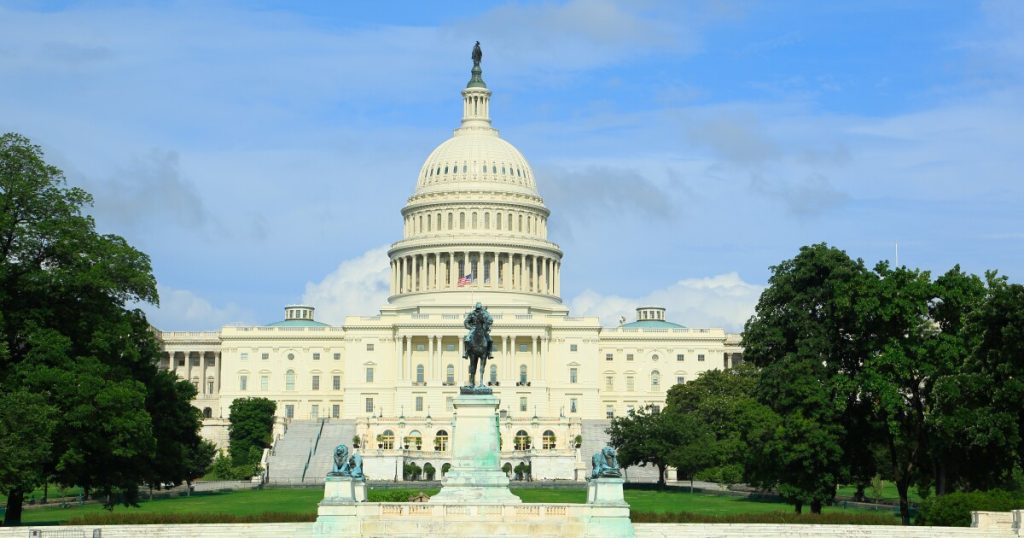Adobe Stock
Banks play an indispensable role in the U.S. economy. They serve as the bridge between depositors who seek safety and return on their savings and borrowers who need credit to buy a home, build a business or fund innovation. Without the
Over the past 25 years, however, banks have steadily lost ground to
The decline in the number of banks — from roughly 10,000 a quarter century ago to about 4,500 today — has likely constrained economic growth and reduced financial inclusion.
That is why the Treasury secretary’s recent call for banks to “go on the offense — retake market share, chase after customers, champion technology, leverage the new regulatory landscape to your advantage, and expand your role in the American economy” is exactly right. This tone from the top, reinforced by actions at the FDIC and OCC to align regulation with true risk, reduce unnecessary red tape and empower innovation, represents a pivotal moment for the industry.
In addition, this effort perfectly aligns with the Federal Housing Finance Agency’s smart focus on expanding access to affordable and sustainable homeownership. America currently faces a housing shortfall of between
My former colleagues in Congress on the House Financial Services and Senate Banking committees should embrace this approach and reform our laws to ensure that we have a competitive, innovative and growing banking system.
Two smart bills with bipartisan support are
Further policies that make it easier for banks to re-intermediate asset classes increasingly lost to nonbanks will improve oversight of our markets and lower costs for borrowers. Laws that pave the way for banks to more fully embed AI in their operations, link banking services with nonfinancial platforms,\ and integrate fintech innovation into full service digital customer experiences will make banks more competitive. Regulatory changes in mortgage credit, like those proposed by the FHFA to allow crypto to be included in credit scoring, will expand access to homeownership. And allowing banks to lean into advanced analytics and data platforms to inform risk and pricing will make our financial system more stable.
Every member of Congress has local banks in their district. Unleashing these pillars of their communities to play the role they have historically played in our economy will benefit their constituents and our country.

